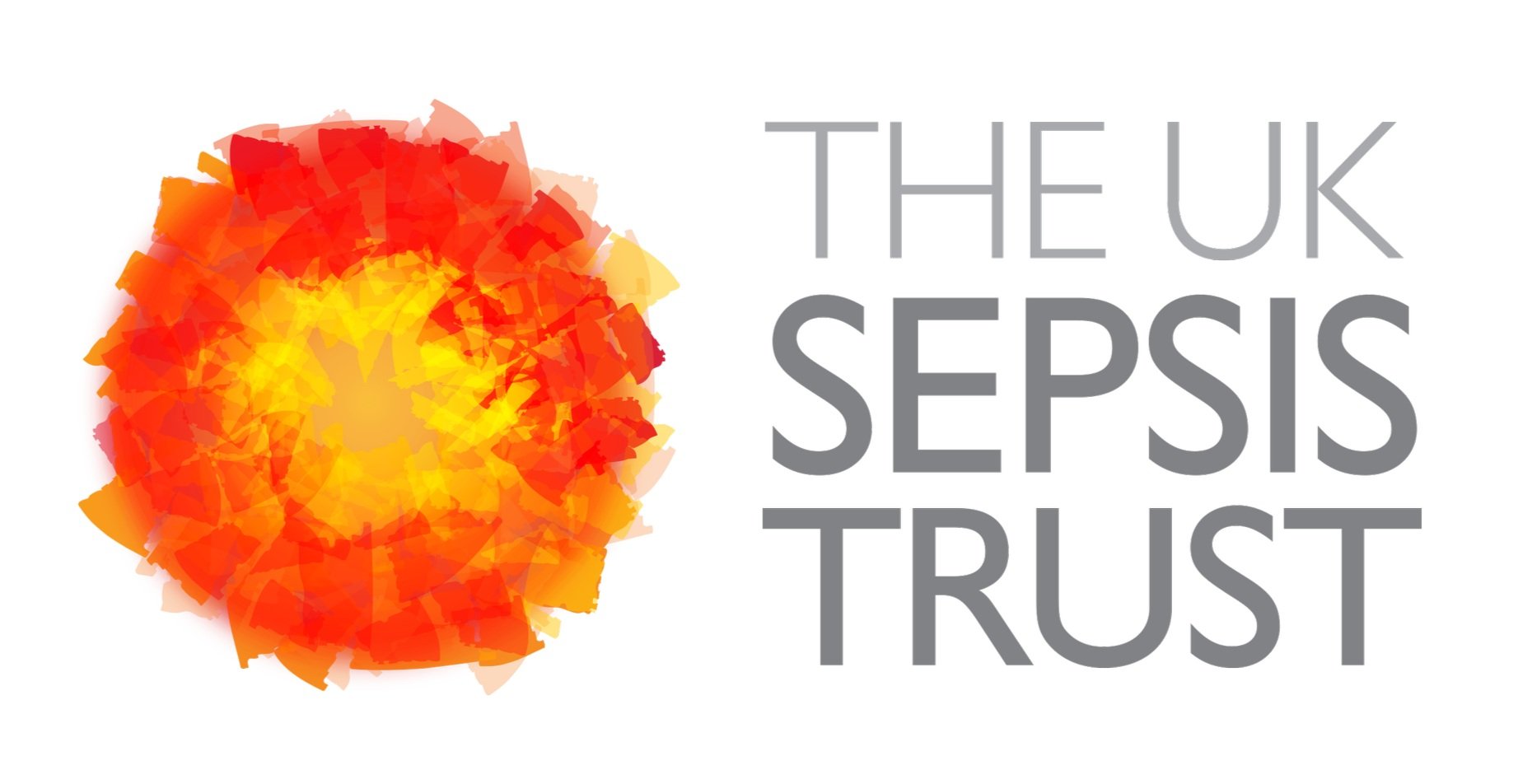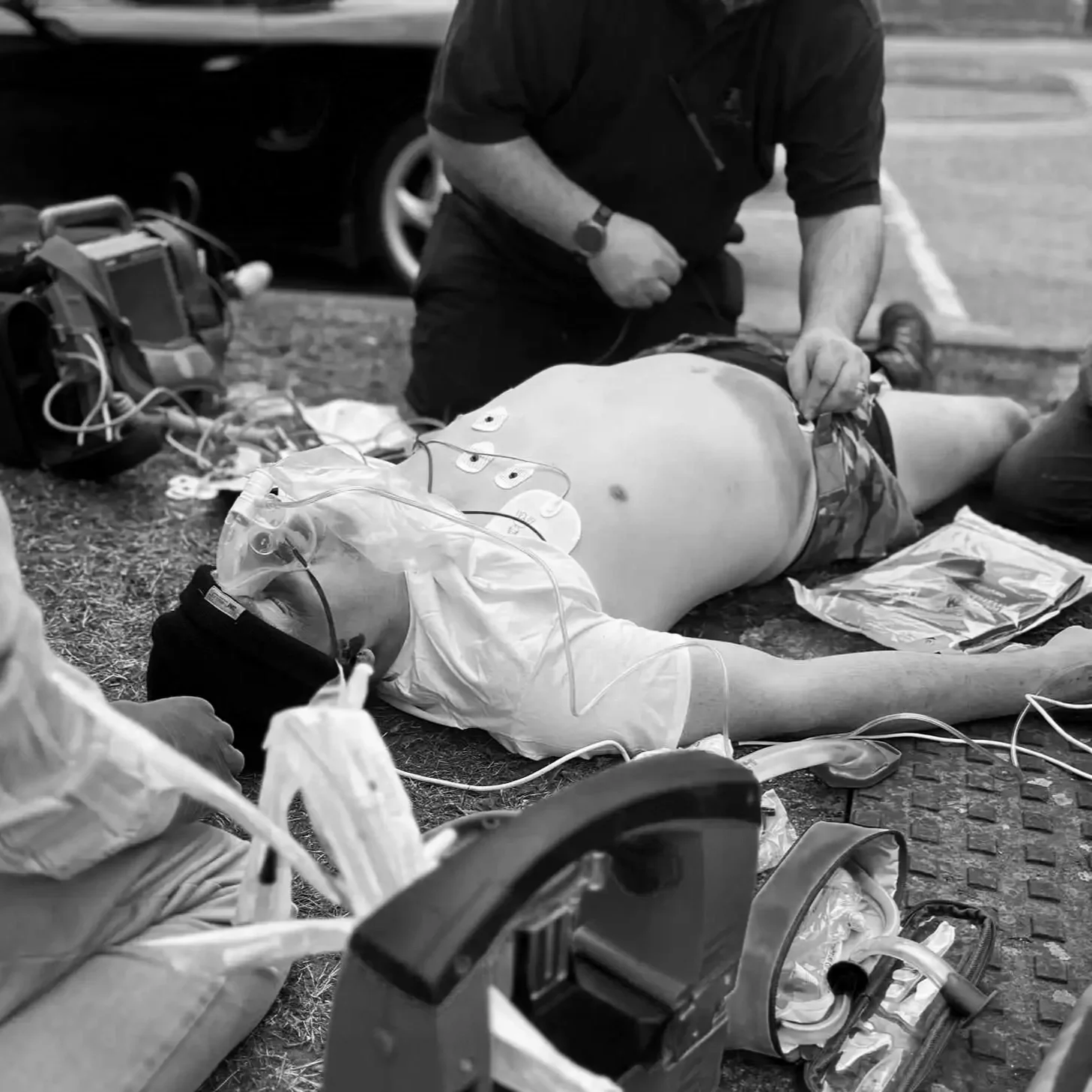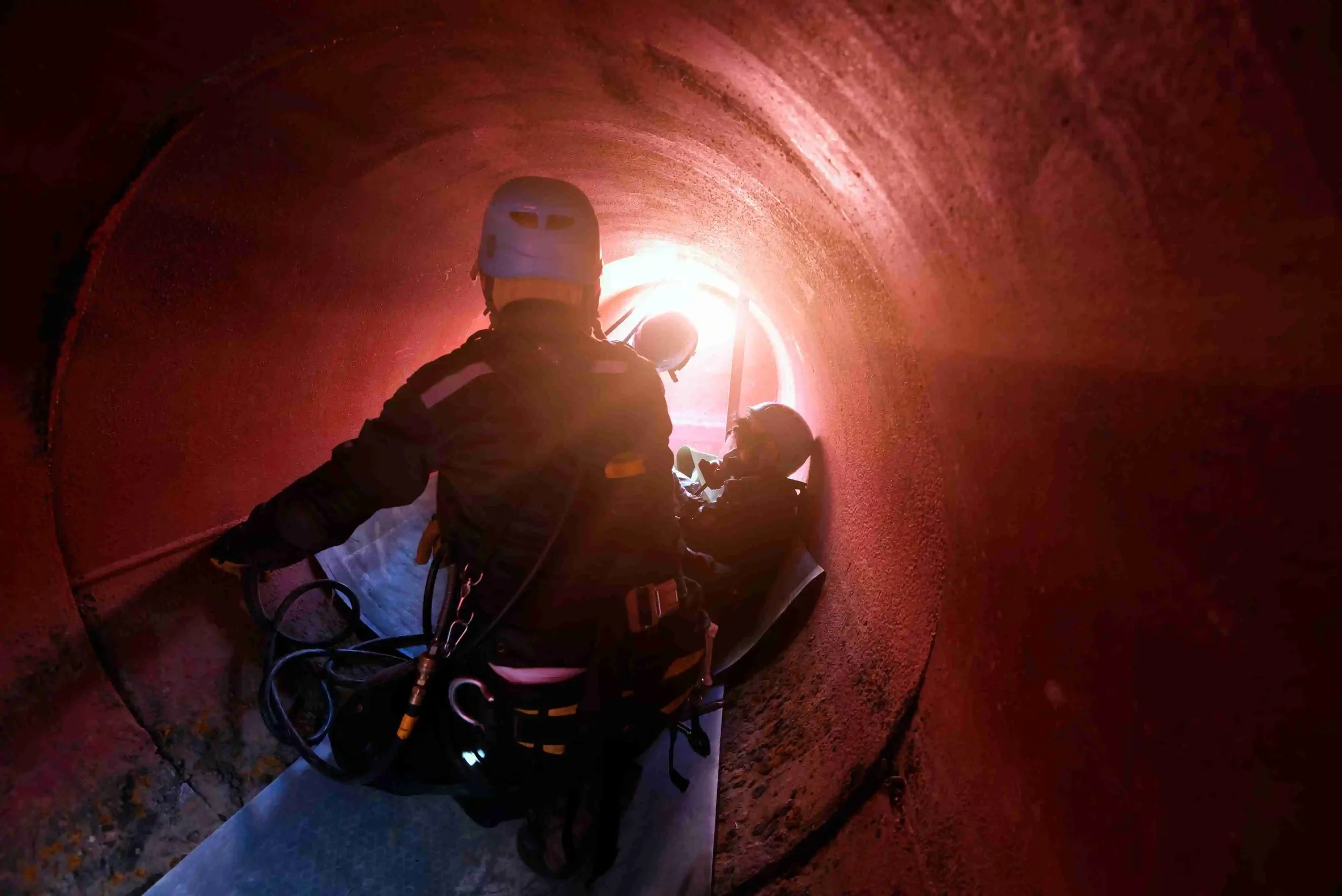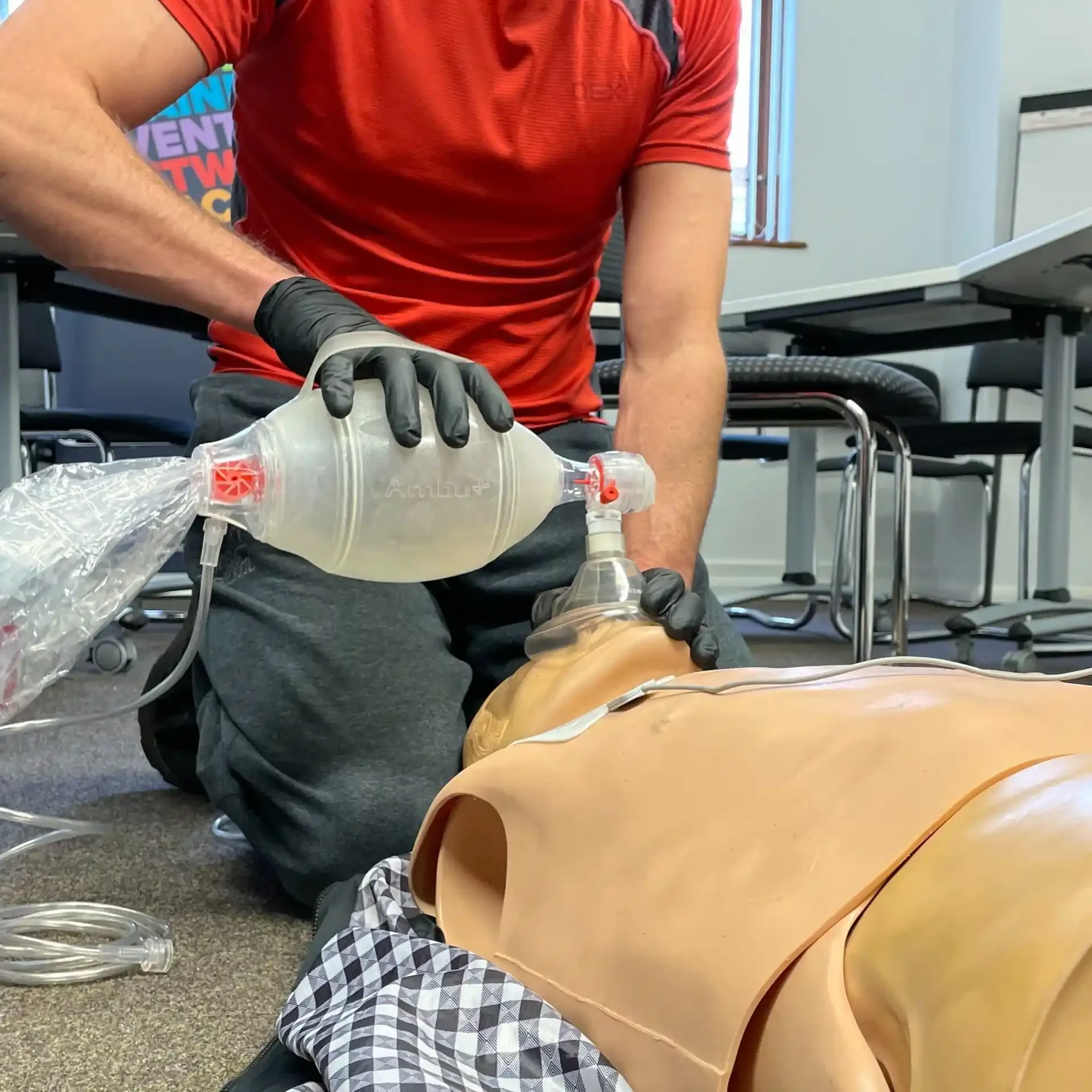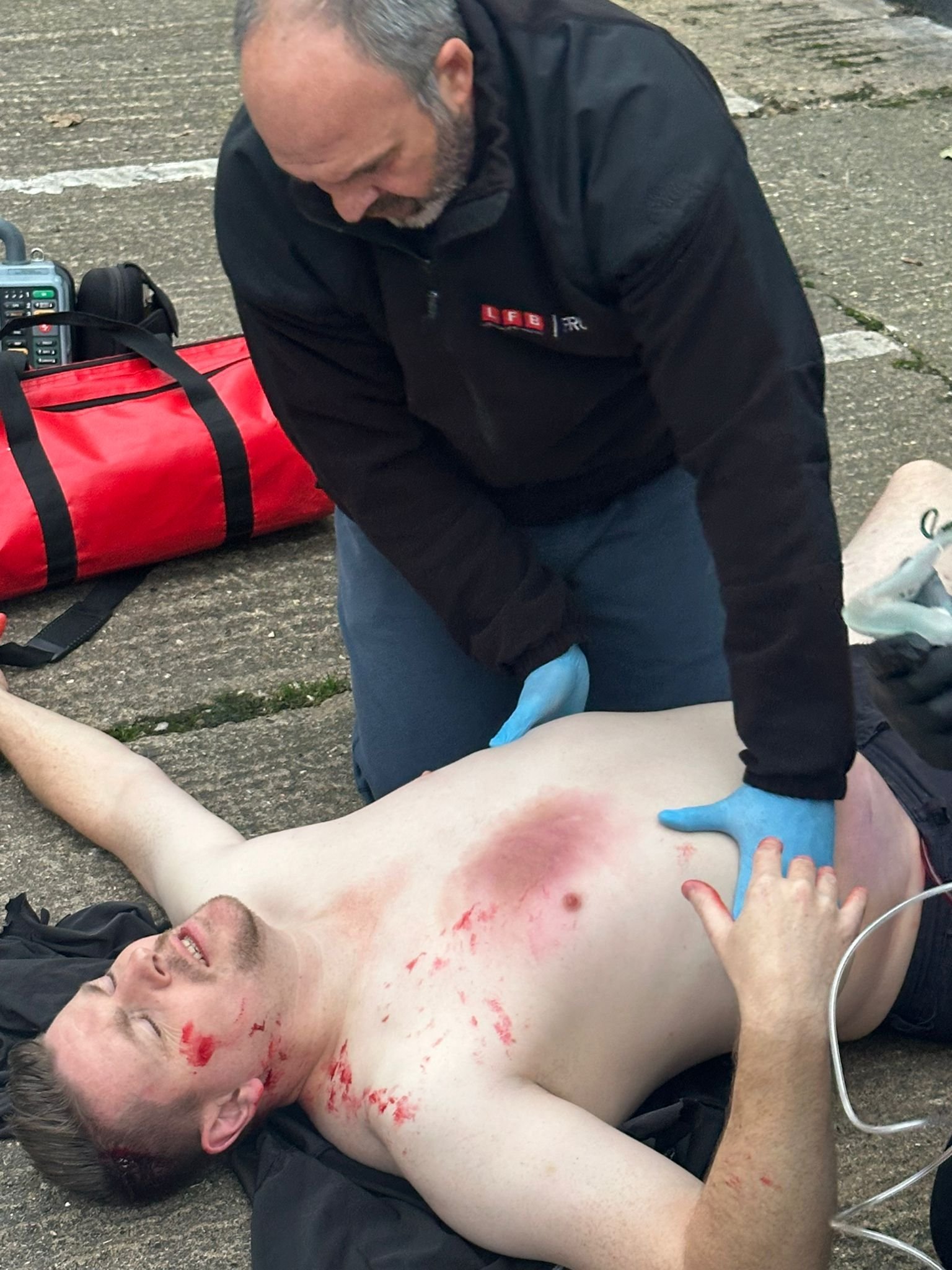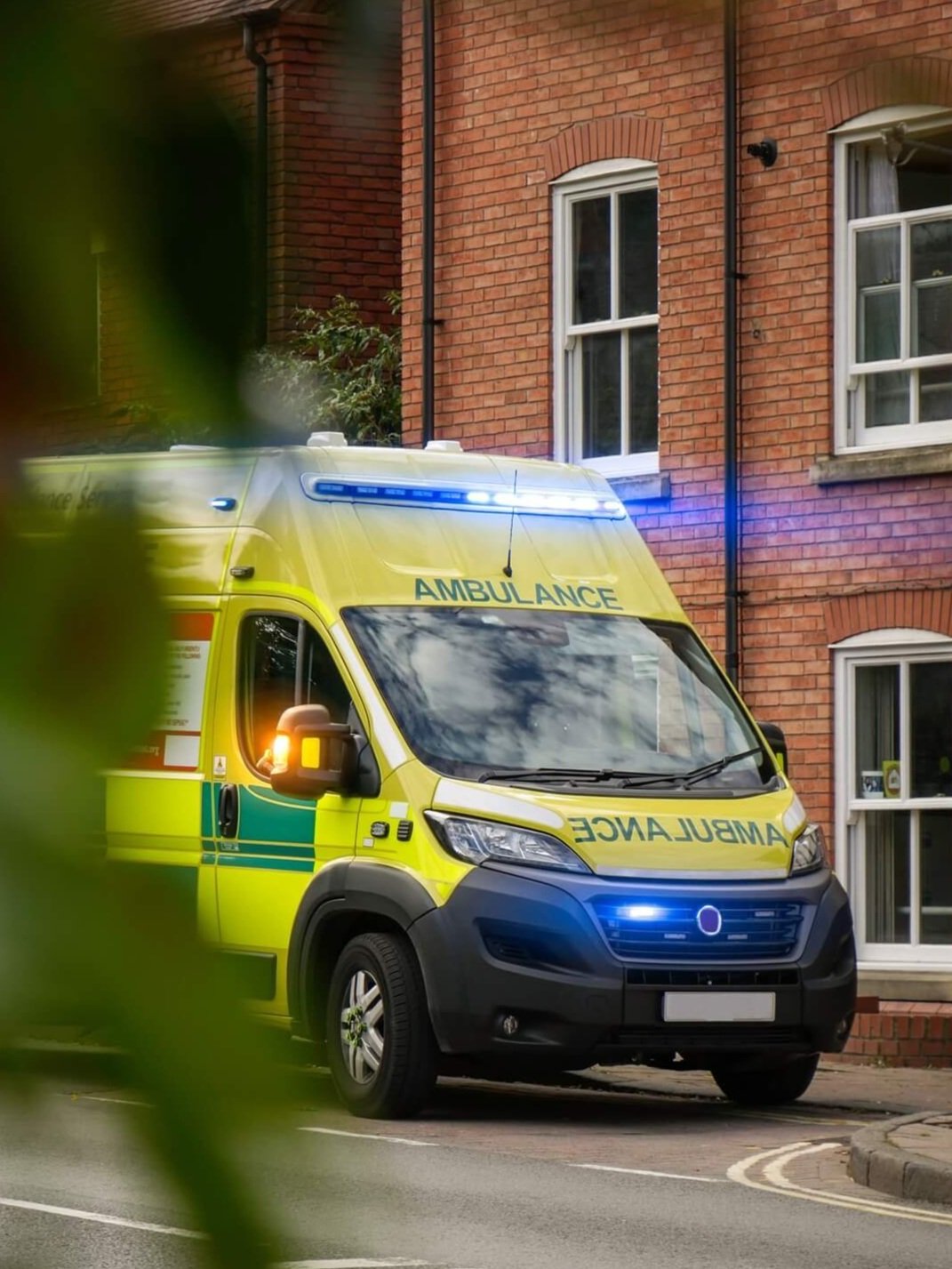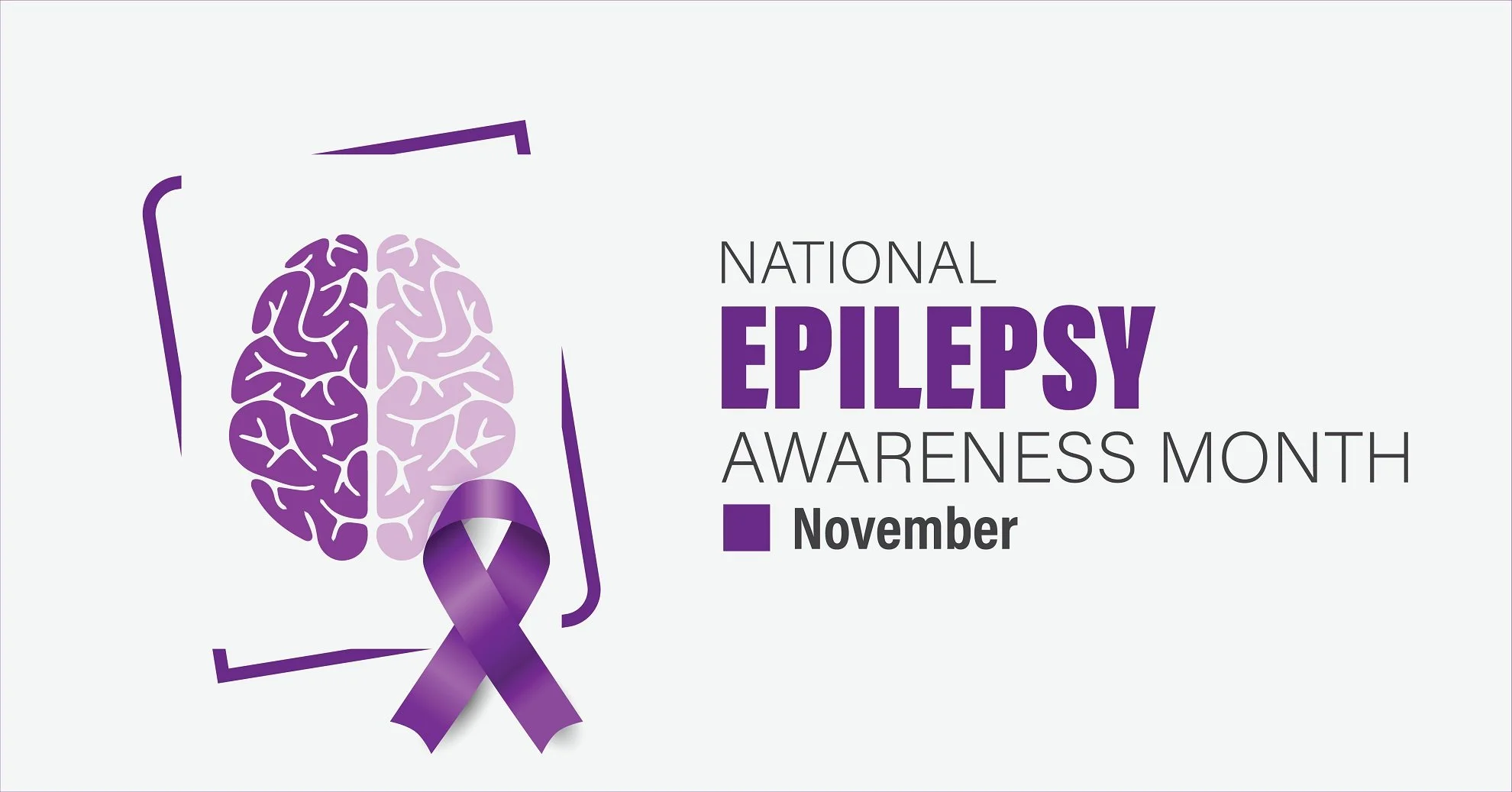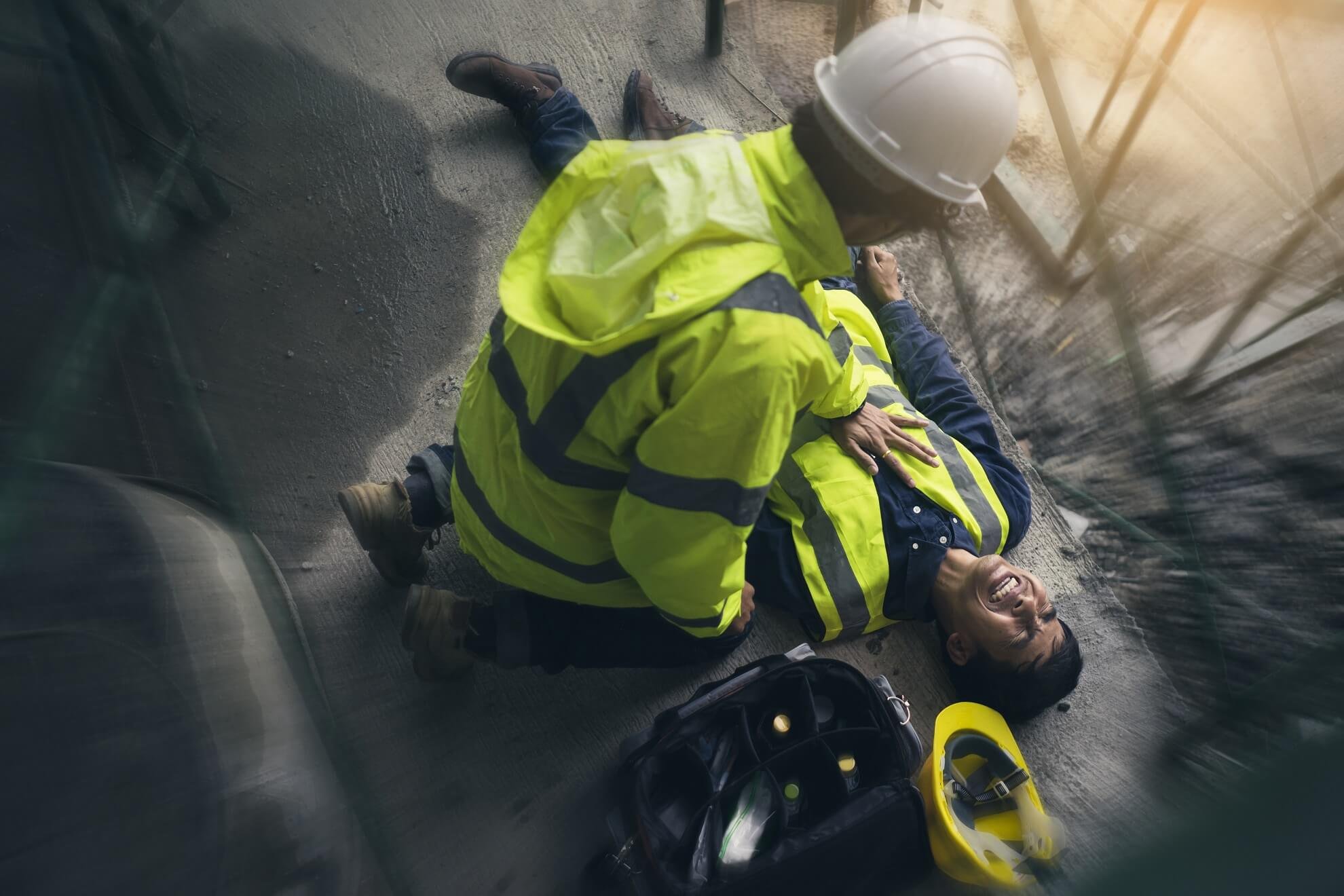Accredited vs Non-Accredited Training: What’s the Difference & What’s Right for You?
When choosing a training course, people often ask: should it be accredited? Is non-accredited training even worth it?
The short answer is: it depends. Both options can be useful. The best choice depends on your goal, your workplace, and who’s delivering the course.
This blog explains what each option means, how they’re different, and how to make a safe, informed choice.
What Does ‘Accredited’ Mean?
An accredited course is approved by an awarding organisation that’s regulated by Ofqual (the Office of Qualifications and Examinations Regulation). At NR Medical Training, we are an approved centre for Qualsafe Awards – one of the UK’s leading awarding organisations.
This allows us to deliver nationally recognised qualifications such as:
RQF stands for Regulated Qualifications Framework. It’s a national system used to set the level and value of qualifications. An RQF course has set learning outcomes and assessments. It must be delivered by trainers and centres that have passed a formal approval process.
Awarding bodies regularly audit us to make sure the courses we deliver meet national standards.
Benefits of Accredited Training
National recognition – The qualification is valid across the UK and often required for job roles.
Consistent content – All providers follow the same syllabus.
Proven quality – Centres are monitored to maintain standards.
Professional progression – Accredited courses often lead to higher qualifications.
Employer compliance – Many sectors, like construction or security, need accredited certificates for insurance or legal reasons.
Things to Consider
Accredited courses come with fixed content – sometimes that’s not the right fit for unique needs.
There are extra costs for assessment and certificates.
Renewal requirements and expiry dates vary.
What Is Non-Accredited Training?
Non-accredited training doesn’t go through an awarding body. That means anyone can write and deliver it. At first glance, that sounds like a bad idea – and it can be if the training is poorly designed.
But not all non-accredited training is low quality. In fact, some needs can’t be met with accredited courses at all.
Real Example: Training That Truly Fit the Need
We were asked to support a care company looking after a young adult with complex needs. The individual had a learning disability and experienced multiple seizures every day, often without warning. At the same time, medical and physiotherapy teams stressed how important it was for the individual to self-mobilise to prevent joint stiffness, loss of movement, and blood clots.
Carers were rightly cautious. They were worried about helping the individual mobilise in case they had a seizure during the process. The risk felt too high, and training on offer didn’t reflect this level of complexity.
There wasn’t an accredited course available that could meet this situation.
So, we designed a bespoke training suite covering:
Bespoke Manual handling training
Bespoke First aid training
Seizure recognition and emergency care training
Buccal Midazolam administation training
We visited the service user’s home, spoke with the care team, and reviewed their current protocols. Then we worked with managers to adapt policies and plans to better match the service user’s clinical needs.
This course wasn’t accredited. But it was designed and delivered by experienced clinicians. The result? Carers felt confident, safe, and supported – and the individual’s health outcomes improved.
Discover our bespoke training solutions for care staff and book a site visit.
Benefits of Non-Accredited Training
Tailored content – Built around your needs, not a generic syllabus.
Faster to develop – Easier to update in line with new evidence or risks.
No external fees – Often cheaper, especially when training groups.
Access to niche topics – Not everything is covered by accredited courses.
Practical and focused – Less time on paperwork, more time on learning.
Risks of Non-Accredited Training
No quality control – Anyone can deliver a course, regardless of skill.
No formal recognition – Some employers or sectors won’t accept it.
Inconsistent standards – Without clinical knowledge, content may be outdated or even unsafe.
What Makes Non-Accredited Training Safe?
Good non-accredited training is built on evidence, clinical experience, and best practice. At NR Medical Training, all our trainers are qualified clinicians – including paramedics, nurses, and emergency care specialists.
For example, our Essentials of Sepsis Recognition course has no accredited version. So we built one. It was co-written and endorsed by the UK Sepsis Trust. It’s based on NEWS2, NICE guidance, and our experience of treating sepsis in real care settings.
That’s the key: even when a course isn’t accredited, it must still be well designed, based on evidence, and taught by experts.
What to Ask Any Training Provider
If you’re considering non-accredited training, ask these questions:
Who wrote the course?
What clinical or teaching qualifications do the trainers have?
Is the content based on national guidance (e.g. NICE, Resuscitation Council)?
Can you adapt the course to our setting or risk profile?
Will you review our policies as part of the training?
A Quick Comparison
Final Thoughts
Both types of training can be useful. What matters most is what you need and who’s delivering the course.
Choose accredited training when:
You need a recognised qualification.
Compliance is key (e.g. for legal, insurance, or inspection reasons).
You're building towards a formal career path.
Choose non-accredited training when:
You need something practical, fast, or highly tailored.
No accredited course exists for your subject.
You trust the provider to meet your standards.
At NR Medical Training, we deliver both types to a high standard. Whether you're booking an accredited FREC course or a bespoke session for care staff, you’ll be trained by real clinicians who understand what works in practice – not just on paper.
Need help deciding which training route is right for you? We're happy to talk it through. No jargon. No pressure. Just honest advice.


